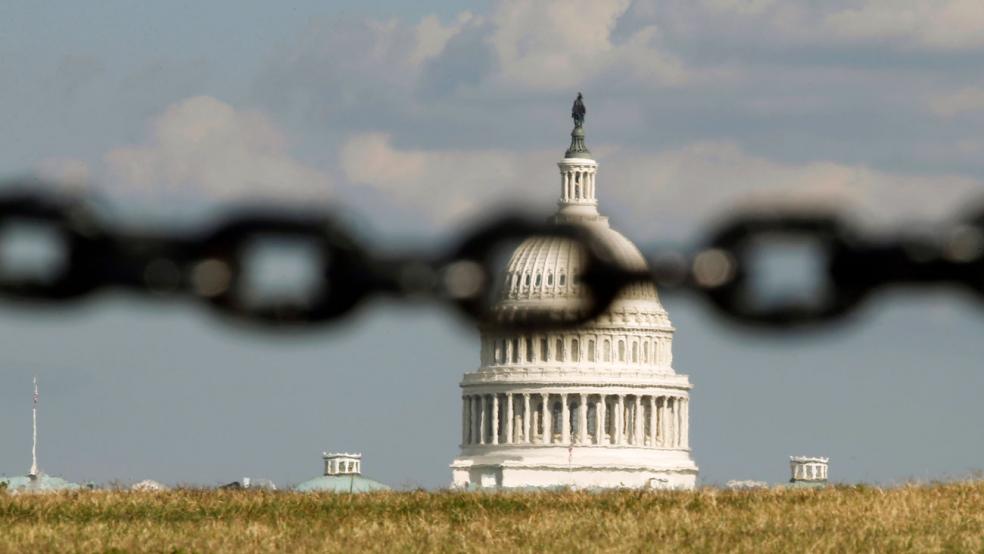Noted budget expert Stan Collender – who is sometimes referred to as “Mr. Budget” and who tweets under the name, @TheBudgetGuy – says that odds are better than even that the federal government will shut down this fall. Disputes over raising the debt ceiling are also in the cards, though with slightly less probability of a chaotic ending.
Collender says in Forbes that the problem lies with the current internal dynamics of the Republicans in Congress. In any other year, single-party control would mean less chaos in budget matters, not more. But the GOP is unusually divided right now. Collender sees seven contentious factions that are making it hard to get things done. In the House, there’s the conservative Freedom Caucus and the more moderate Tuesday Group. The Senate is similarly divided, but there is no real alignment between the Senate and House versions of each group. Then there’s the leadership of each chamber, which have their own interests and responsibilities that sometimes clash with the others. Last but not least, there’s President Trump, who is becoming something of a party unto himself.
These seven factions could make it very difficult to solve the two pressing fiscal problems – raising the debt ceiling to avoid a potential default on U.S. debt and funding the government to avoid a shutdown – that loom before October 1.
On the debt ceiling, the Trump administration has called for a “clean” debt ceiling hike, unencumbered by any other policy changes. But the Freedom Caucus has sent mixed signals on the subject, and there’s a good chance that the hardline conservatives won’t play along with the moderates to raise the ceiling, forcing House Speaker Paul Ryan (R-WI) to turn to Democrats for help – in which case, the Freedom Caucus could push for Ryan’s ouster, as they did with former speaker John Boehner in 2015.
On funding the government, a short-term spending bill, called a continuing resolution, seems like a relatively easy solution, even if it only puts off the budget fight temporarily. But President Trump, the ultimate wild card, has altered the game by threatening to veto any such funding if it fails to include money for a border wall. It’s all too easy to imagine that showdown ending with a shutdown.
On the other hand, Hurricane Harvey may in the end make funding the government easier, assuming President Trump is unwilling to delay relief funds in the name of building a wall. As former GOP staffer and tax expert William Hoagland says in today’s Washington Post, “I don’t think the wall becomes as important now as making sure that the individuals in Texas who have been suffering from this storm are taken care of.”
Still, the factious dynamics of the Republicans in Congress show no signs of easing, creating what Collender sees as an “unprecedented” opportunity for these fiscal issues to bring the government to a grinding halt.




